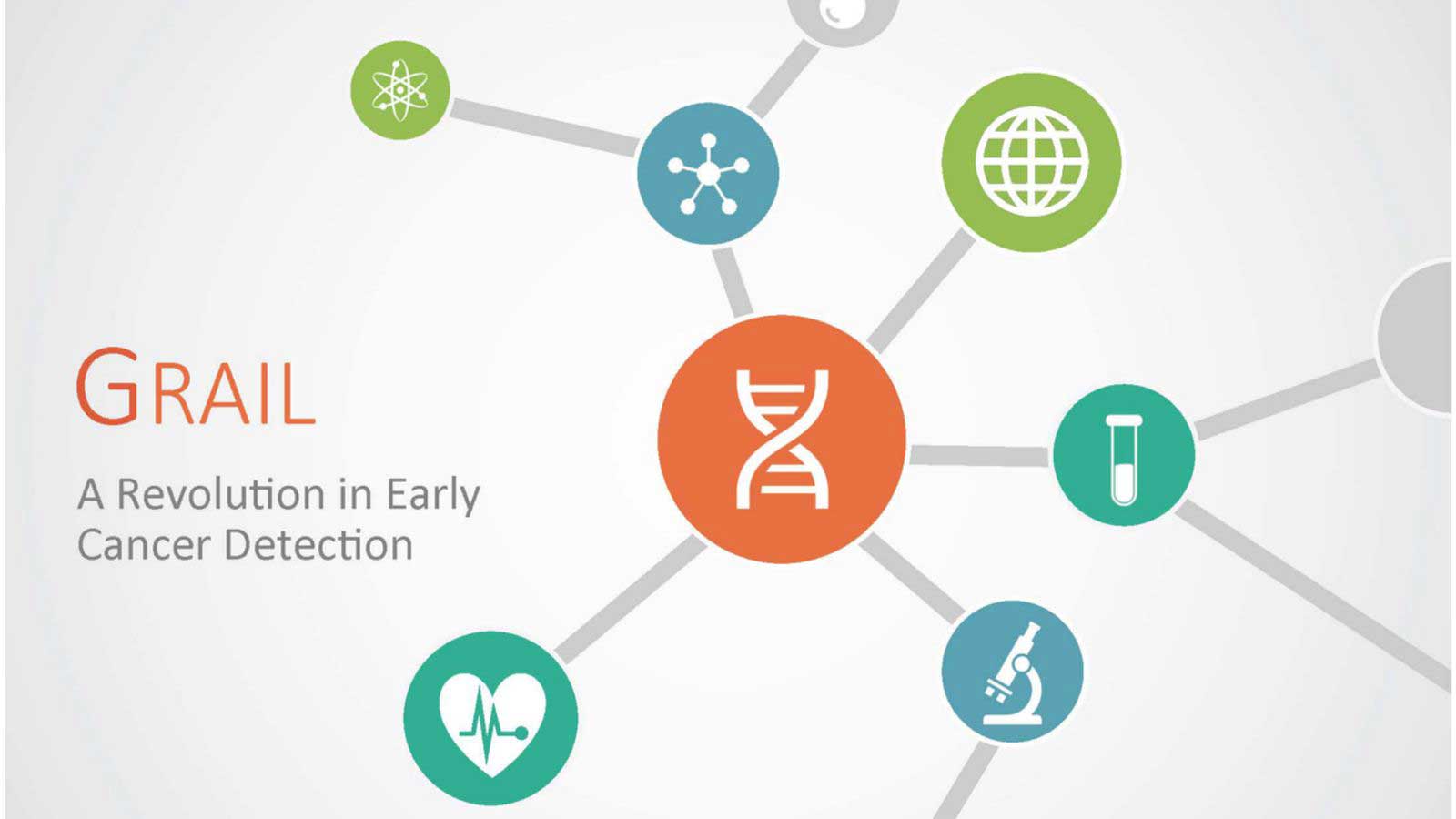The Hartford HealthCare Cancer Institute is one of three initial participants in a clinical study that’s part of a San Francisco biotech company’s efforts to develop an early cancer screening that detects genetic changes in a blood test.
Grail, a spinoff of the life sciences giant Illumina, is raising a staggering $1 billion in venture capital that would give it the financial firepower of companies like Facebook and Uber. (Amazon.com founder Jeff Bezos and Microsoft founder Bill Gates were among the initial investors.) If it can, in fact, develop an early-detection blood test, it would significantly improve the outlook of early-stage cancer patients. Grail’s technology combines high-intensity sequencing, computer science and clinical studies.
“We are pleased to be taking part in this enormously promising and visionary effort to take genomic medicine to the next level,” says Dr. Peter Yu, physician in chief of the Hartford HealthCare Cancer Institute.
The Circulating Cell-free Genome Atlas study, as the clinical study is called, has begun already at the Hartford HealthCare Cancer Institute and other community and academic medical centers across the country. Mayo Clinic (Minnesota, Arizona and Florida) and the Guardian Research Network, a nationwide consortium of community health systems, were the other initial participants. In the first phase, blood and tissue samples will be collected at clinical trial sites from patients recently diagnosed with cancer and also from people in good health. Samples from 10,000 participants will be analyzed, though Grail estimates that tens of thousands of subjects will be needed to correctly identify patterns that would help identify many types of cancer. It will then need many more participants to confirm clinical validity.
For more information on the clinical study, talk to your doctor or visit the National Institutes of Health’s Clinical Trials site.

